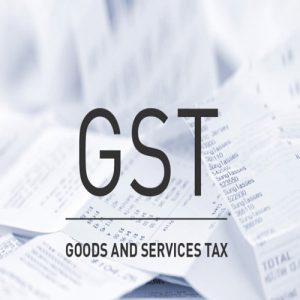GST Compensation:

Finance Ministers of several States have demanded that the GST compensation scheme be extended beyond June 2022.
- The adoption of GST was made possible by States ceding almost all their powers to impose local-level indirect taxes and agreeing to let the prevailing multiplicity of imposts be subsumed into the GST.
- This was agreed on the condition that revenue shortfalls arising from the transition to the new indirect taxes regime would be made good from a pooled GST Compensation Fund for a period of five years that is set to end in June 2022.
- Citing the impact of the COVID-19 pandemic on the overall economy and more specifically States’ revenues, the States including Tamil Nadu, Kerala, West Bengal, Rajasthan and Chhattisgarh stressed that while their revenues had been adversely impacted by the introduction of GST, the hit from the pandemic had pushed back any possible rebound in revenue especially at a time when they had been forced to spend substantially more to address the public health emergency and its socio-economic fallout on their residents.
GST compensation:
- The Constitution (One Hundred and First Amendment) Act, 2016, was the law which created the mechanism for levying a common nationwide Goods and Services Tax (GST).
- While States would receive the SGST (State GST) component of the GST, and a share of the IGST (integrated GST), it was agreed that revenue shortfalls arising from the transition to the new indirect taxes regime would be made good from a pooled GST Compensation Fund for a period of five years that is currently set to end in June 2022.
- This corpus is funded through a compensation cess that is levied on so-called ‘demerit’ goods.
- The items are pan masala, cigarettes and tobacco products, aerated water, caffeinated beverages, coal and certain passenger motor vehicles.




